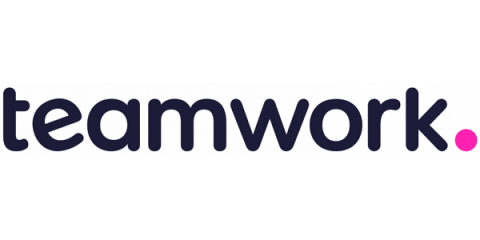How to work with freelancers: Benefits, challenges, tips
Running a business may have been your life’s dream. Being your own boss, making the decisions, and seeing your vision come to life is exciting and satisfying to say the least. However, properly growing a company can be challenging no matter how solid your product or service is. Maybe you need help with setting up the framework of fledgling departments, creating social posts for a major campaign, or meeting an unexpected client need.










